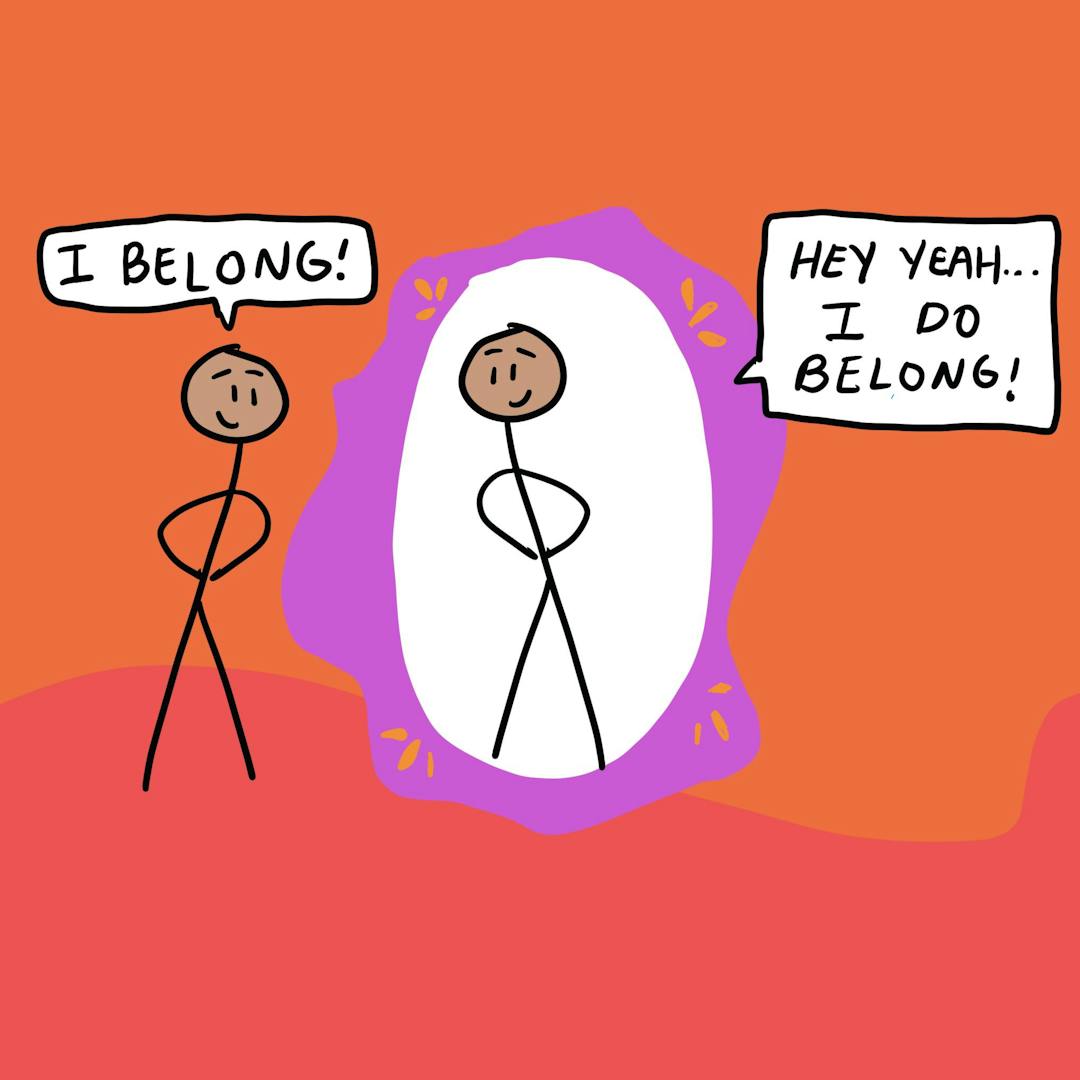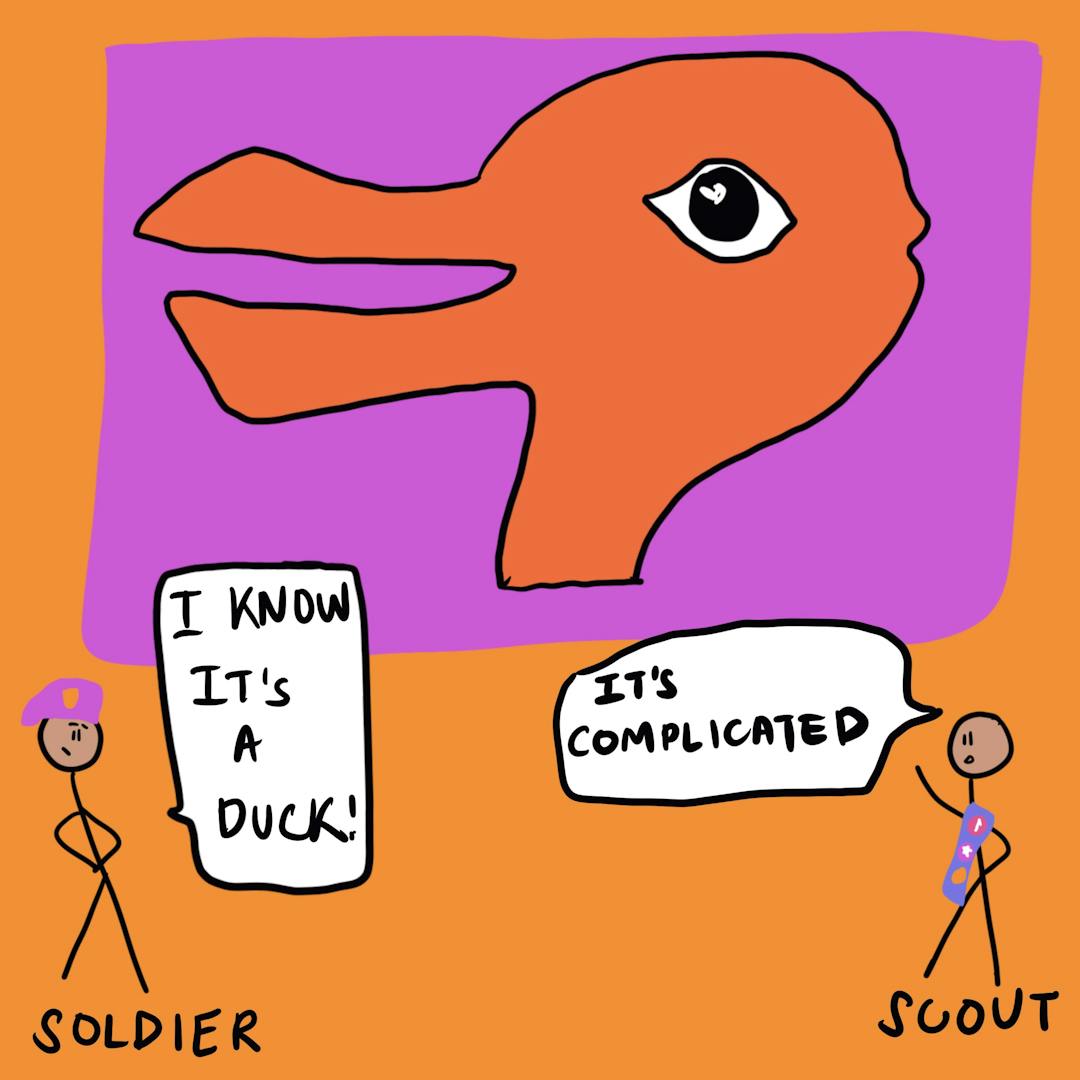The Psychological Cost of Nudging: Julian Jamison

Art by versusthemachines
In today’s episode, we are joined by Julian Jamison, a professor of Economics at the University of Exeter and an affiliate at the Innovations for Poverty Action (IPA) and Jameel Abdul Latif Poverty Action Lab (J-PAL). Prior to this, Julian spent 9 years in the public sector working for the United States government as Section Chief of the Decision-making and Behavioral Studies group and as a Behavioral Economist for the Global INsights Initiative at the World Bank (now known as the Mind, Behavior and Development Unit, or eMBeD).
So [behavioral science] can be quick, but I wouldn’t push that. To me I wouldn’t want to rest my hat [on the fact that] behavioral science is faster or quicker. I don’t actually think that’s the main advantage. I think the main advantage is sometimes it tells us something that we didn’t know before, and it’s the right way to go about it.
Intro
Julian holds a B.S and M.S in Mathematics from the California Institute of Technology and a Ph.D. in Game Theory from the Massachusetts Institute of Technology. His academic work focuses on the interaction between individual preferences, decisions, and well-being, and on institutional policies, including explicit welfare tradeoffs. He uses a wide range of methodological approaches, including mathematical theory, lab and field experiments, formal rhetoric, surveys, and large administrative data analytics. Julian’s work has been featured by The New York Times, Foreign Affairs, The Wall Street Journal, National Public Radio, Forbes, Foreign Policy, The Washington Post, Bloomberg, and The Economist.





